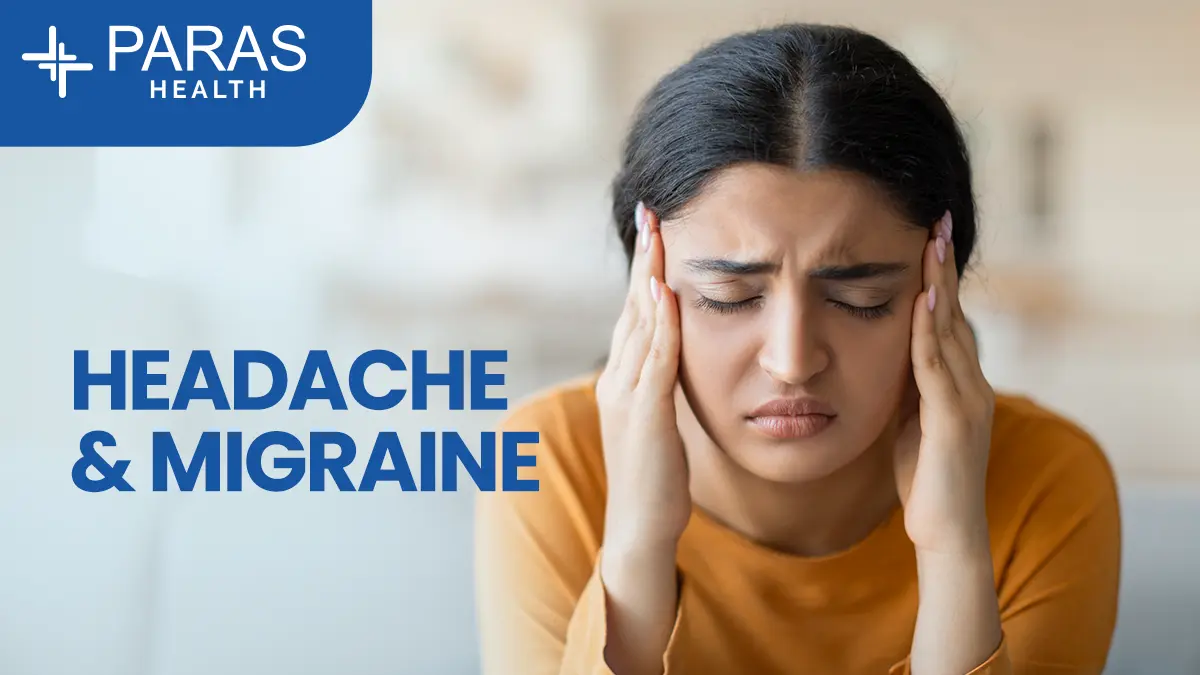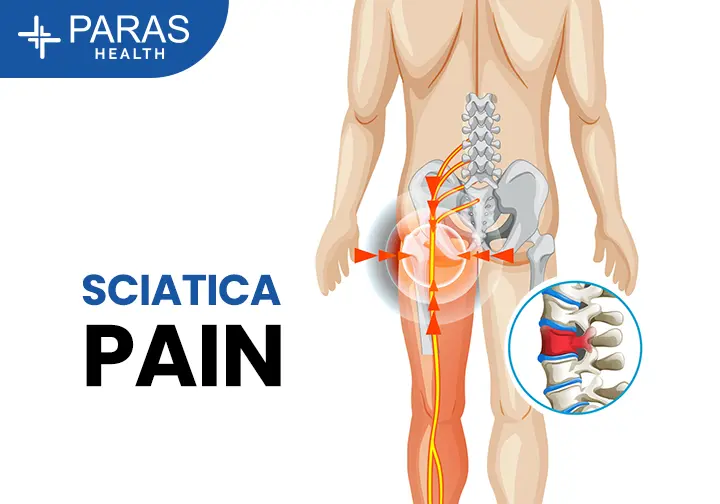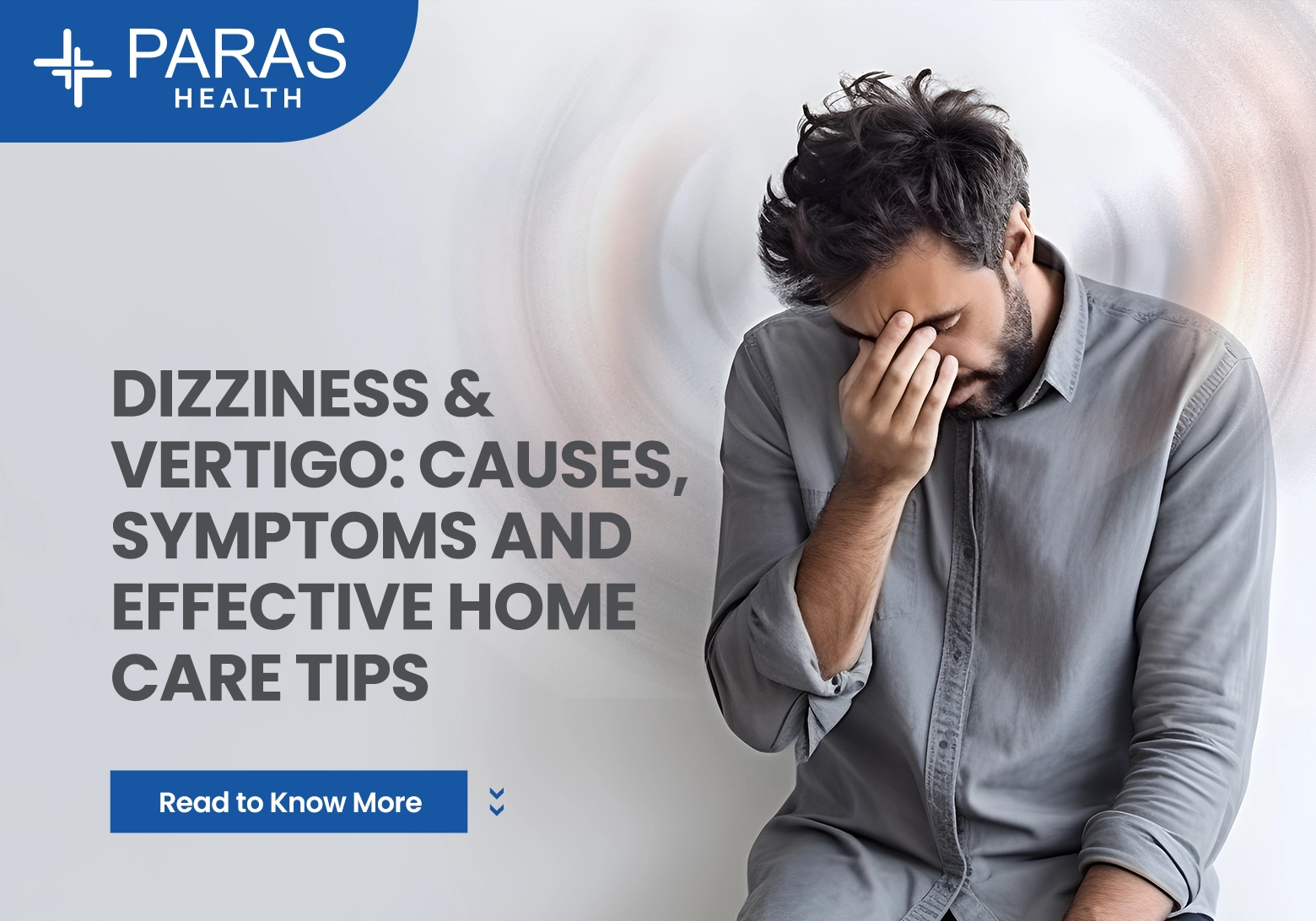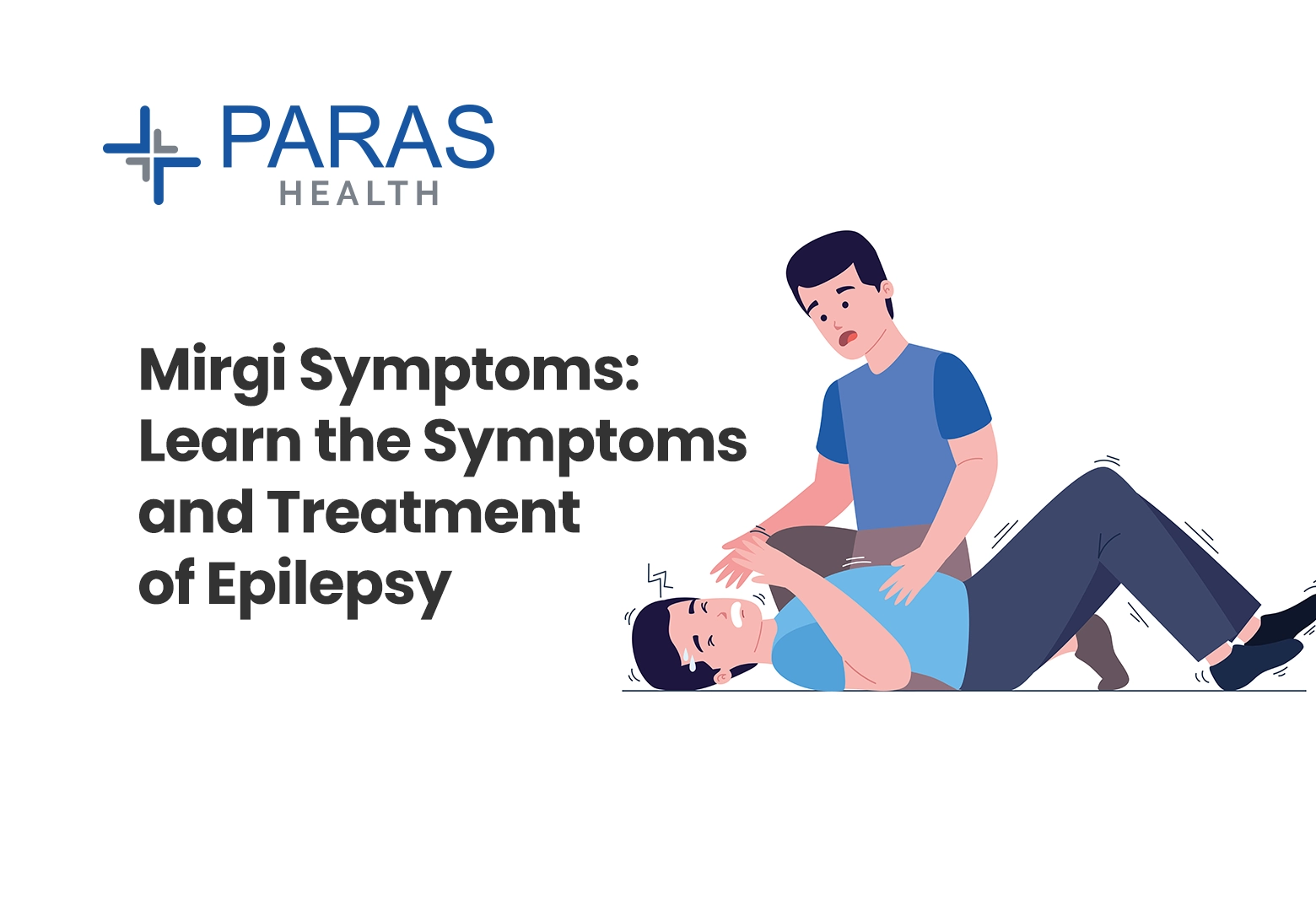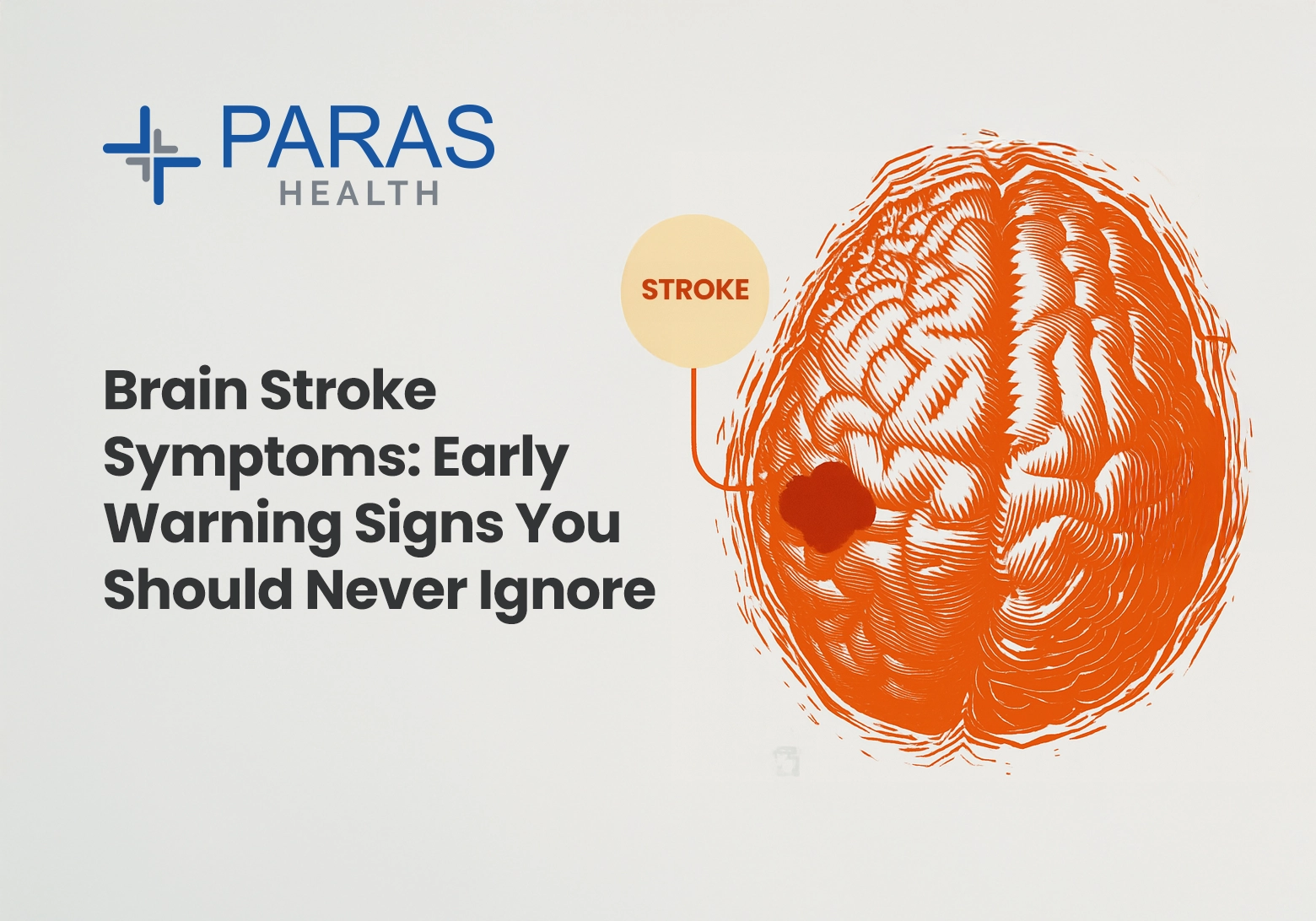Common Symptoms of ADHD (Attention Deficit Hyperactivity Disorder) in Children & Adults
May 19, 2025
Do you or someone you love often feel restless, forget things easily, or struggle to focus on everyday tasks? You might have heard about Attention Deficit Hyperactivity Disorder (ADHD)—a common condition that affects both children and adults. But what are the real signs to look out for?
In this blog, we'll break down the symptoms of ADHD in simple terms, helping you understand what it looks like, how it varies by age, and when it might be time to seek help.
What Is ADHD?
Attention Deficit Hyperactivity Disorder (ADHD) is a neurodevelopmental condition marked by persistent patterns of inattention, hyperactivity, and impulsivity that interfere with daily functioning and development.
It’s not just a “childhood issue.” While many symptoms appear early in life, ADHD can continue into adulthood, often going undiagnosed for years.
Primary Symptoms of ADHD
Inattention Symptoms
People with ADHD often struggle to stay focused or organized. Common inattention symptoms include:
- Difficulty sustaining attention in tasks or play
- Easily distracted by noises or unrelated thoughts
- Frequently making careless mistakes
- Forgetting daily activities (e.g., appointments, chores)
- Avoiding tasks that require mental effort (like schoolwork or long emails)
- Trouble organizing tasks or managing time
- Frequently losing items (like keys, phones, or documents)
Hyperactivity Symptoms
Hyperactivity is more than just “being energetic.” It's constant motion and difficulty staying still. Symptoms include:
- Fidgeting or squirming in seats
- Inability to remain seated in situations where expected (e.g., in classrooms or meetings)
- Running or climbing in inappropriate situations
- Talking excessively
- Difficulty engaging in activities quietly
- Feeling “on the go” or driven by a motor
Impulsivity Symptoms
Impulsivity involves acting without thinking, which can lead to risky behavior or social difficulties. Signs include:
- Interrupting others in conversation
- Blurting out answers before questions are completed
- Difficulty waiting one's turn (e.g., in lines or group settings)
- Making important decisions without considering consequences
ADHD Symptoms in Children vs. Adults
In Children:
- Trouble following instructions
- Frequent daydreaming
- Academic underachievement
- Disruptive behavior in class
- Sleep disturbances
- Tantrums or emotional outbursts
In Adults:
- Poor time management
- Chronic procrastination
- Difficulty multitasking
- Restlessness
- Frequent job changes or underperformance
- Relationship problems
- Low frustration tolerance
Emotional and Behavioral Symptoms
ADHD doesn’t only affect attention—it can also influence emotions and behavior. Common issues include:
- Mood swings
- Low self-esteem
- Anxiety and depression
- Sensitivity to criticism
- Difficulty coping with stress
When Should You See a Doctor?
Everyone gets distracted or feels restless at times. But if ADHD symptoms are interfering with your school, work, or relationships, it may be time to consult a specialist.
A psychiatrist, psychologist, or neurologist can evaluate your symptoms and recommend appropriate ADHD testing or treatment options like behavioral therapy or medication.
Final Thoughts
Recognizing the symptoms of Attention Deficit Hyperactivity Disorder (ADHD) is the first step toward better understanding and support. Whether you're a parent, student, working professional, or simply someone who relates to these signs—know that help is available.
If you suspect ADHD, don’t hesitate to consult a specialist. With the right diagnosis and support, you or your loved one can thrive.
Struggling with focus or restlessness?
Talk to our ADHD specialists now.
📞 Call 8080808069 for consultations at Paras Health.
Frequently Asked Questions (FAQs)
Can adults develop ADHD?
No, but ADHD can go unnoticed in childhood and be diagnosed later in life.
Is ADHD genetic?
Yes, ADHD often runs in families.
How is ADHD diagnosed?
There’s no single test—diagnosis is based on clinical evaluation, history, and questionnaires.
Can ADHD be treated without medication?
Yes. Behavioral therapy, coaching, lifestyle changes, and mindfulness can all help manage symptoms.




